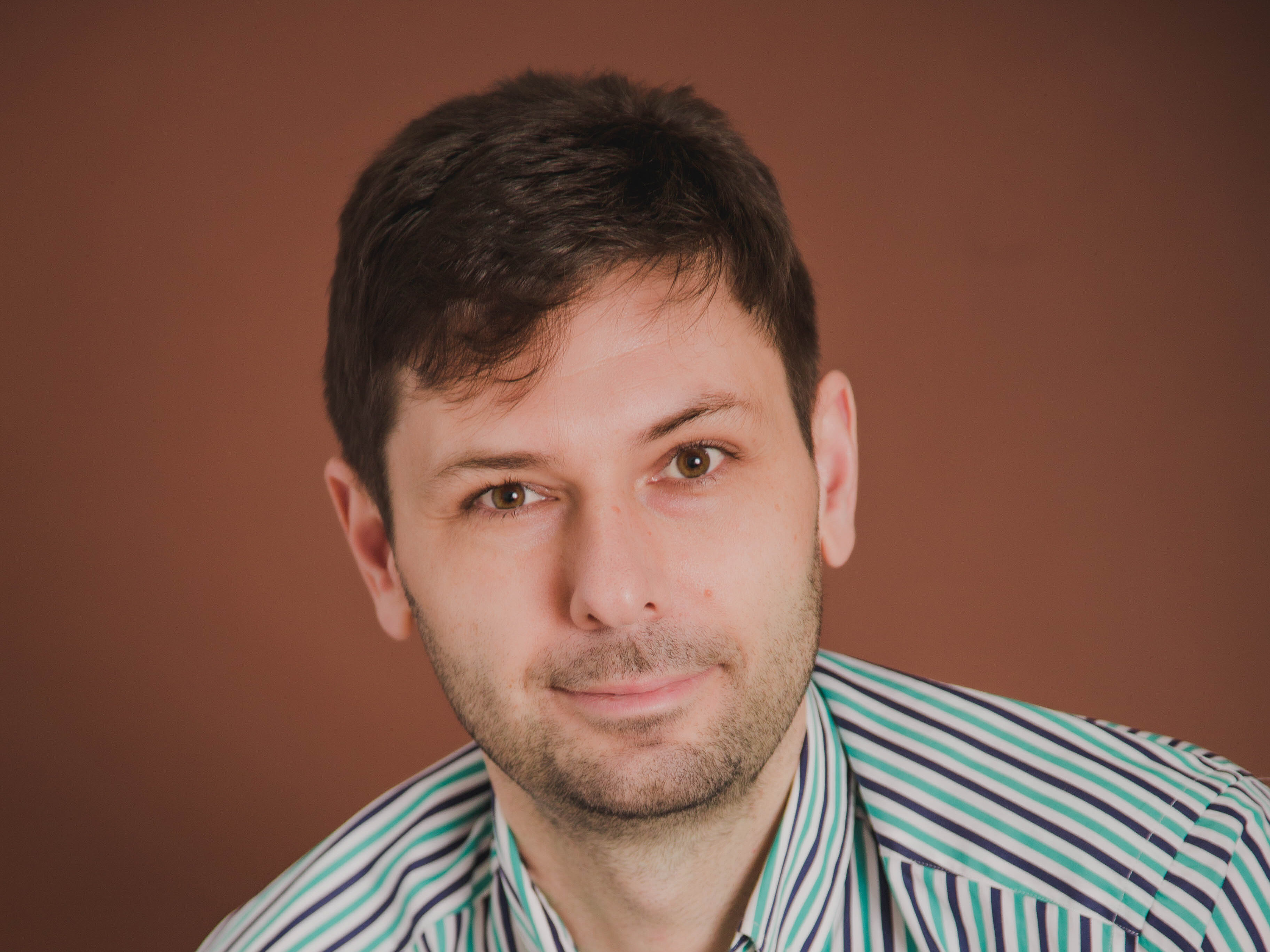A writer and a host in OncoDaily, psychologist Adrian Pogacian, shares his perspective on communicating the oncological diagnosis with patients. This article focuses on pediatric patients and oncologists.
Communicating the oncological diagnosis: Part 2 – Children
Back in the day, communication with seriously ill children about their disease, treatment and prognosis was often explicitly avoided, and the majority of pediatric oncology patients were not told their diagnosis, for believing that this would intensify them anxiety and distress.
Caring for children with cancer is a very emotional experience. Consequently, many health providers will identify patients with their own children of the same age, or are impeded by feelings of personal grief, and find it difficult to communicate appropriately with the families.
Nevertheless, failure of treating medical staff and parents to provide such difficult information to children, does not mean that the child never finds out that they have cancer. Nowadays, we are flooded with media stories about cancer, especially through social media.
Therefore, the internet and social networking provide children access to a vast range of information about cancer but attention, some of it – inaccurate!
For this reason, it is a must to communicate to children their true diagnosis. It is not an easy task, yet it is required. One important prerequisite is learning to listen to what children say and, mainly, how they say it.
Only then we can fully understand their concerns and needs so we can provide them appropriate information and support.
Good listening is crucial both in formal settings (when we sit down and speak with them about their disease) and in the unexpected moments, when children share their thoughts and anxieties through direct questions, play and drawings, and even their silence.
Enter the children world to see the reality as they see it, this is not easy. To hear their fears and loses as they feel them requires more than empathy and compassion, hence not everyone is fully prepared in dealing with this highly emotional stress.
All that children expect are honest answers to honest questions.
Accordingly, their parents and the medical staff have to learn how to integrate new and frequent overwhelming information about children diagnosis, prognosis and treatment, and to cope with their own emotional response to this demanding situation.
by Adrian Pogacian.
Clinical Psychologist with focus in Psycho-Oncology
Read the first part of the blog about adult patients.
